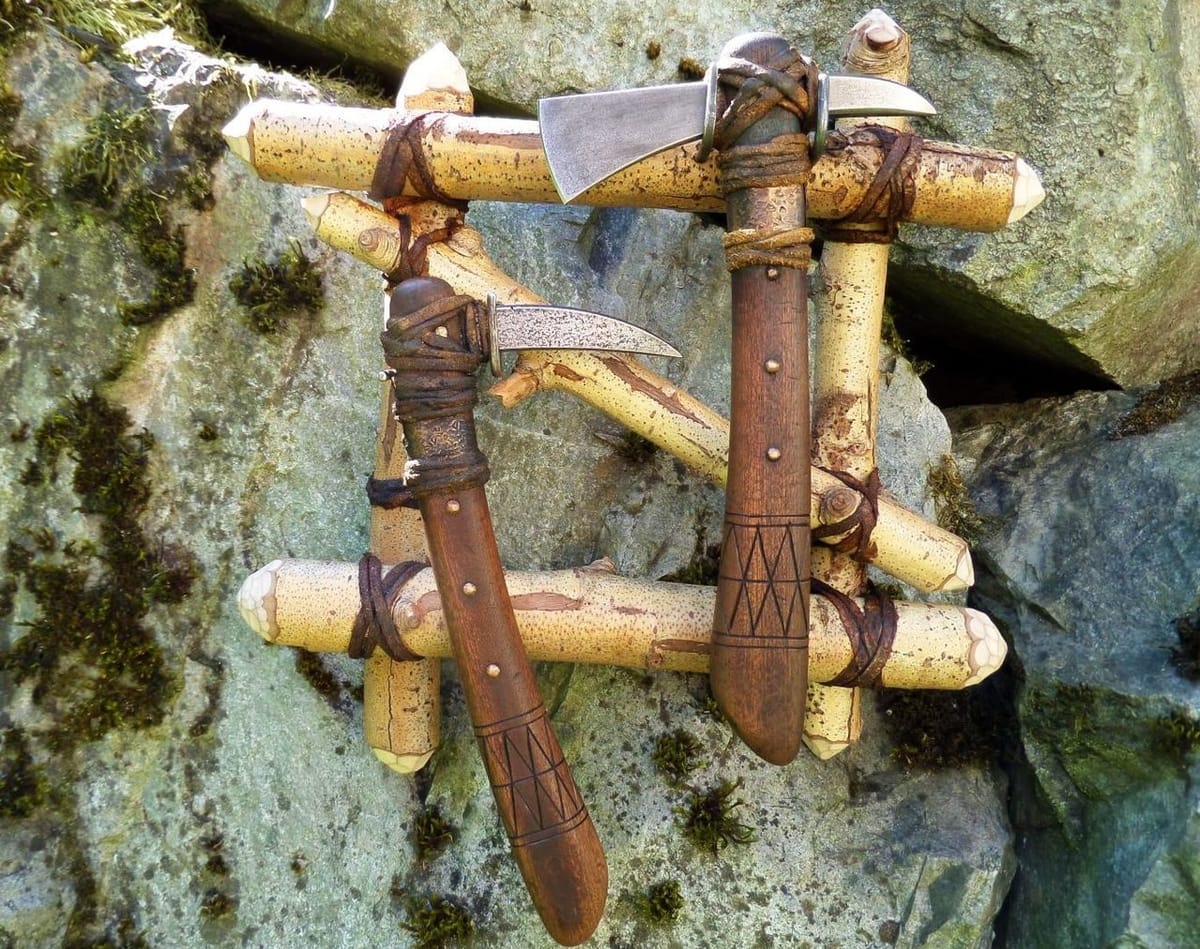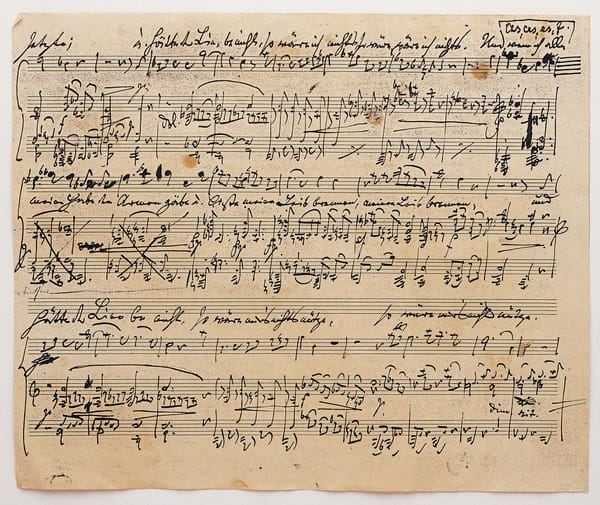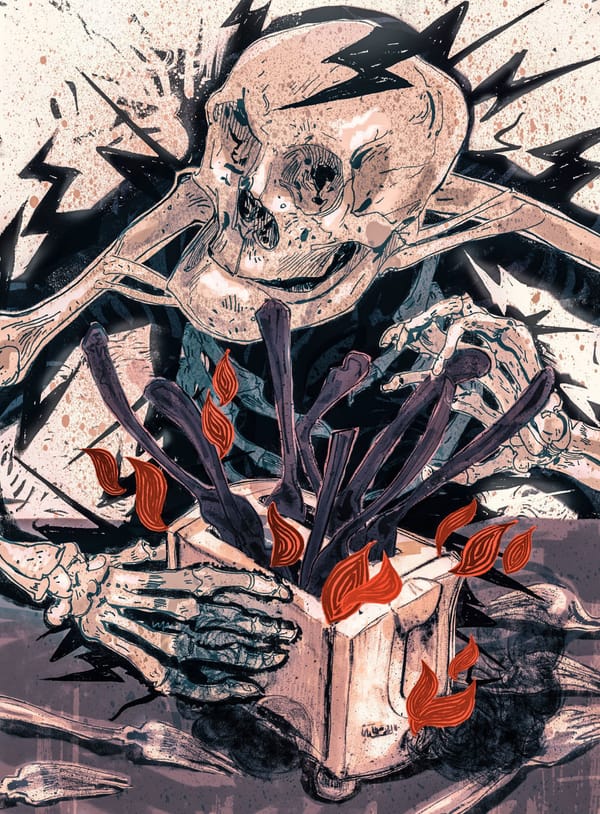surnames | 2017-04-19

It will come as a surprise to exactly no one who reads this that I am a huge fan of names.
From my own Son of the Right Hand and God is God to my delightful Warrior Princess, Beautiful Gracious Friend, and Heavenly Light, I derive much pleasure from the sounds of names and their meanings.
Surnames leave a little to be desired in our culture since there is little choice involved there — you’re more or less handed what you’ve got, regardless of your feelings.
But there is still a deep and rich heritage to many surnames and I think we should take a look at some of them now.
There is a common set of names that has extremely clear meanings and roots, the historic significance of each still apparent to us today:
Smith; Carver; Carpenter; Tanner; Miller; Baker; Weaver; Taylor; Mason; Skinner; Gardener; Abbott; Cook; Fisher
These are not a huge burden nor are they terribly interesting; carrying the trade of your ancestor isn’t unbearable and isn’t unique.
This set of names also includes some less immediately familiar trade names:
Wainwright/Cartwright | makers of wagons/carts
Horner | makers of ink pots and spoons from cows horns
Baxter/Brewster | a female brewer
Hooper/Cooper | makers of barrels
Frobisher | polisher of swords/armour
Turner | woodworkers who made bowls or other things on a lathe
Mercer | dealers of fine cloth
Cramer/Kramer | merchant (from German)
Then, there is another set of names with irrelevant or unclear meanings:
Cockhead; Buttram; Cox; Kuntz; Stroker
For names like these, while the meaning has nothing to do with elephants, the nearest exit must be found…
Then there is the monstrous category of patronymic names:
Johnson | son of John
Karlsson | son of Karl
McDonald | son of Donald
O’Riley | son of Riley
Fitzpatrick | son of Patrick
Vilhjálmsdóttir | daughter of Vilhjálm (William)
Borodin | son of Borod
Dostoevsky | son of Dostoev??
These are fairly easily recognizable Western-known surnames and they all note lineage.
It’s not only Westerners who do that, of course:
Ben Hur | son of Hur
Bin Laden | son of the witness
Barnabas | son of consolation
Shahpoor | son of the king
Ahmed Mohammed Ali Farah | Ahmed son of Mohammed son of Ali son of Farah
Amir ibn Ali | Amir, son of Ali
Abu `Amir | father of Amir (that would be another name for Ali)
A fully prime example of Middle Eastern patronymics is Ibn Khaldun who is commonly regarded as a forerunner of modern day sociology and demography.
Being the historically- and demographically-minded Arab he was, he would write his name in full as:
`Abd ar-Rahman ibn Muhammad ibn Muhammad ibn Muhammad ibn al-Hasan ibn Muhammad ibn Jabir ibn Muhammad ibn Ibrahim ibn `Abd ar-Rahman ibn Khaldun
Magical… simply magical.
Before I move on, here’s one more highly notable name in this broader set:
Isa ibn Maryam | Jesus, son of Mary (as appearing in the Qur’an)
In this case, we have a matronymic name, which is the same thing but, obviously, from the mother’s side.
Of course, family lineage or historic trades are not the only methodologies for surnames.
As an example, we can look at the set of Dutch surnames that come from the early 19th century when Napoleon’s forces were in control over the Netherlands.
On August 18, 1811, Napoleon signed a decree to implement a registry for births, deaths, and marriages in all lands under his control.
Thus, all families were required to choose a family name posthaste, even if they had never used one.
As independently-minded people, Dutch families chose names using a large variety of methods.
One we may be most familiar with tends to focus more on location along with lineage or history:
de Vries | from Freisland
Vanderwoude | from the forests
Van de Velde | from the field
van Dijk | from the dyke (levee)
Some, being the stubborn Dutch folk they were (are), didn’t think this heady domination would last so they figured the names were a joke.
This lead to such delightful surnames as:
Schilthuis | shit house
Uittenbroek | not in pants
Naaktgeboren | born naked
Kikkert | frog
Kloet | lump
Zondervan | don’t have one
Rotmensen | rotten people
de Borst | the breast
Joke’s on you, folks…
Some decided this would afford them the opportunity to improve their standing with names such as:
De Groot | the Great
De Beste | the Best
‘t Hooft | the Head
Vroom | noble
Schoon | beautiful
de Zoete | the sweet
And others chose names based on random things:
Groen | green
Nachtegal | nightingale
Nagel | nail
Muyskens | little mouse
Often, the members of one family chose different names, regardless of their siblings choices.
For example, the fabled (read: not real) baker Jan Hendrik Sr.’s sons may have chosen:
Janssen | son of Jan
Hendriksen | son of Hendrik
Jan Hendrik de Jonge | the Younger (Jr.)
Klein | the Little (the youngest one)
Bakker | baker
Clearly, these Dutch folk were as creative as they were stubborn.
Obviously, in the end, this leads to a bit of difficulty where genealogical research is concerned — the family records pretty much stop when you reach the point of rampant individualism.
This is not a huge issue for Dutch folk or, indeed, for most Westerners. However, it is a much bigger issue in other cultures.
Take, for example, the Chinese.
There is a colloquial name for the Chinese people: Bǎijiāxìng
This means “Hundred Family Surnames” and is a bit of a joke since their are roughly 4000 surnames used in China right now.
But the point stands since a mere 100 surnames are used by 85% of the current 1.3 billion population, the top 3 names by 20%.
This happened because most surnames were chosen to represent the clan/house/political loyalties of the family, not the family itself.
An even more extreme example of this is due, in part, to the Chinese: The Viet.
In the US, the most popular name (Smith), accounts for 0.6% of the population.
The 14 most popular names account for 6% of the population.
In Vietnam, the 14 most popular names account for 90% of the population.
The most popular one accounts for 40% all by itself!
This name is Nguyen (pronounced in Vietnam as N’wen/N’win/Wen/Win).
When the Chinese started their 1000 year reign over Vietnam in 111 BC, they imposed the use of surnames for taxation purposes.
Since the Viet were not particularly keen on the idea and they also didn’t particularly understand the requirement, most surnames were simply bestowed upon the people.
Essentially, mid-level bureaucrats assigned a handful of names to the people under their jurisdiction to ensure proper taxes could be rendered.
The names signified belonging to that province more than anything else.
Eventually, the Chinese left but the surname concept stuck around.
Only now, the Viet were less interested in their particular area of origin and more in supporting the current ruling power.
This meant that not only did a lot of Viet share the same surname but many frequently changed their surnames during the turbulent, post-Chinese power struggles.
I bet you can guess, however, who the last Viet dynasty was, right? That’s correct — from 1802 – 1945, the Nguyen Dynasty ruled Vietnam!
So, having the surname Nguyen identifies you in basically no other way than as a person with Viet heritage.
If we continue to dig into naming systems, we could discuss how the Viet identify each other mostly via their relationship with the person.
For example, a man named Dat Nguyen could be called the Viet equivalent of Son Dat, Brother Dat, Uncle Dat, Father Dat, Grandpa Dat, Cousin Dat, Coworker Dat, Citizen Dat, etc.
But, in the end, I’ve run out of steam and don’t really want to dig any further…
So far on surnames



